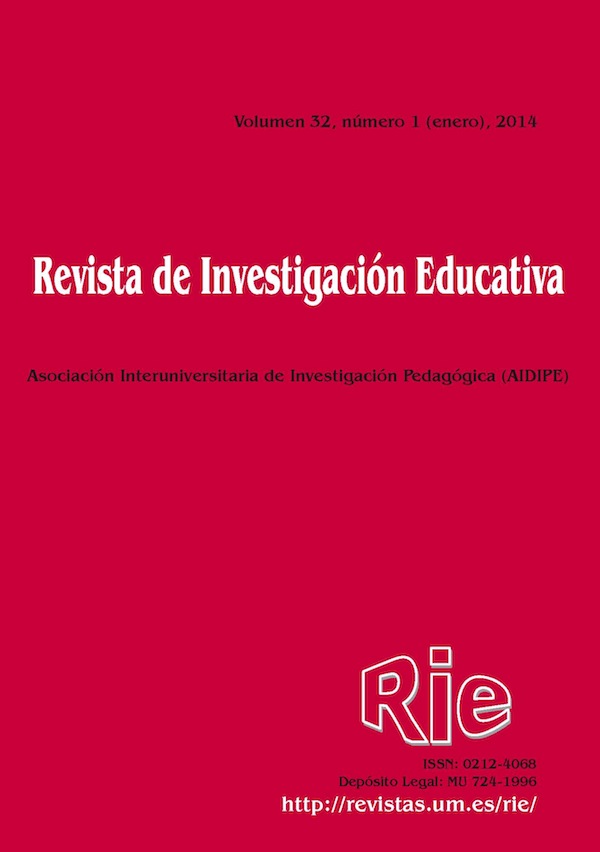Icidencia de la violencia y victimización escolar en estudiantes de Educación Secundaria Obligatoria en la región de Murcia
Agencias de apoyo
- Fondo de Investigaciones Sanitarias (FIS 05/2211) y CIBERESP del Instituto de Salud Carlos III (C03/09)
Resumen
El objetivo principal de este estudio es conocer los datos de violencia y victimización en centros escolares de la Región de Murcia. Presentamos datos de incidencia de violencia y victimización escolar obtenidos en una muestra de 2552 estudiantes. El 50% se había visto implicado en algún tipo de violencia y el 40% en victimización. Al realizar comparaciones según el sexo de los estudiantes, los índices de violencia y victimización escolar fueron mayores en chicos. La violencia y victimización escolar está generalizada y aparece en todos los centros educativos. Cualquier menor puede estar en riesgo de sufrir o ejercer violencia contra sus compañeros, aspecto importante a tener en cuenta para la elaboración de programas de prevención e intervención en violencia y victimización escolar.
Descargas
-
Resumen1292
-
PDF1247
Las obras que se publican en esta revista están sujetas a los siguientes términos:
1. El Servicio de Publicaciones de la Universidad de Murcia (la editorial) conserva los derechos patrimoniales (copyright) de las obras publicadas, y favorece y permite la reutilización de las mismas bajo la licencia de uso indicada en el punto 2.
2. Las obras se publican en la edición electrónica de la revista bajo una licencia Creative Commons Reconocimiento-NoComercial-SinObraDerivada 3.0 España (texto legal). Se pueden copiar, usar, difundir, transmitir y exponer públicamente, siempre que: i) se cite la autoría y la fuente original de su publicación (revista, editorial y URL de la obra); ii) no se usen para fines comerciales; iii) se mencione la existencia y especificaciones de esta licencia de uso.
3. Condiciones de auto-archivo. Se permite a los/as autores/as a difundir electrónicamente las versiones pre-print (versión antes de ser evaluada) y/o post-print (versión evaluada y aceptada para su publicación) de sus obras antes de su publicación, ya que favorece su circulación y difusión más temprana y con ello un posible aumento en su citación y alcance entre la comunidad académica.









